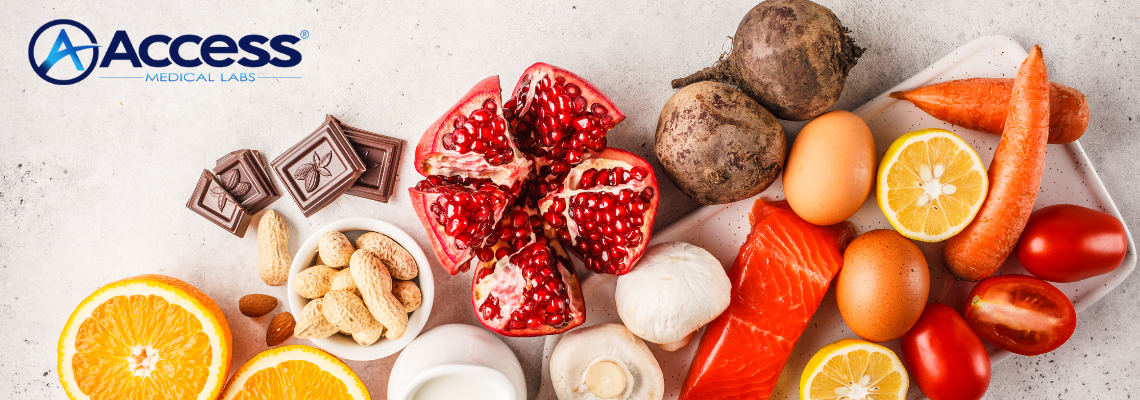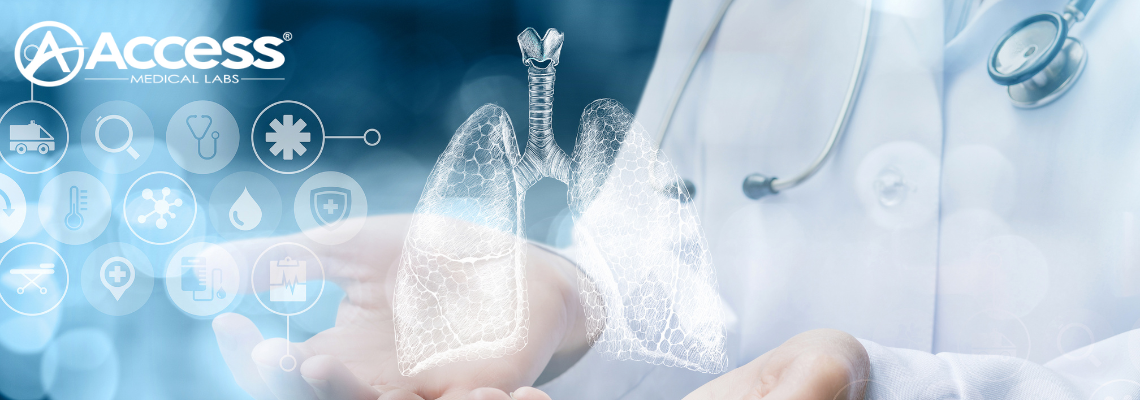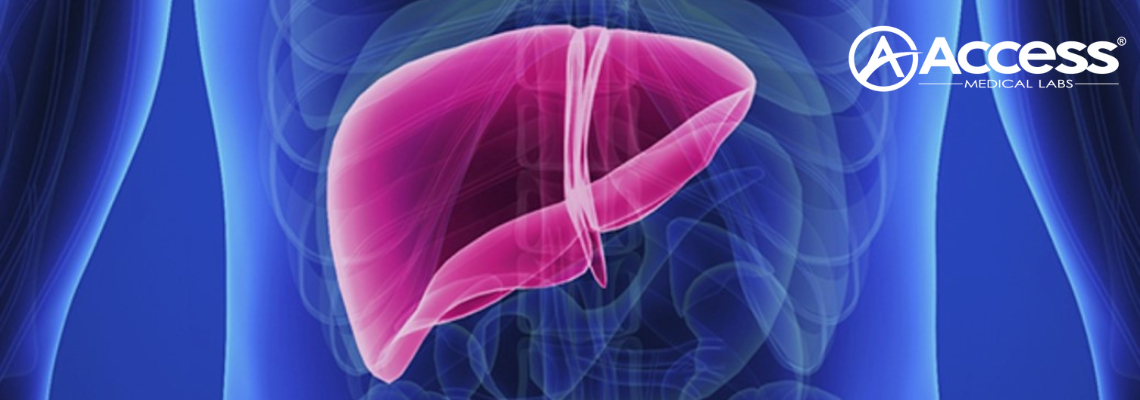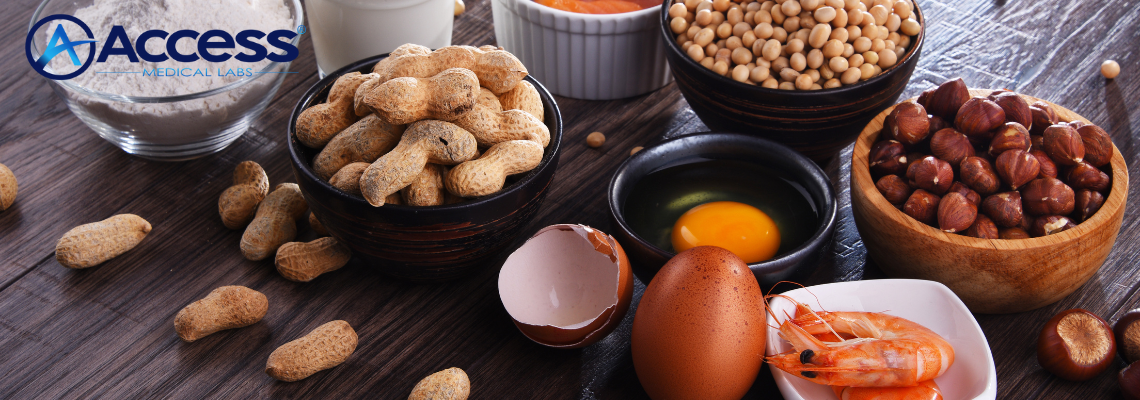
How Common Are Food Allergies in Adults?
A study published in the JAMA Network Open medical journal sheds light on the prevalence and severity of food allergies in adults. With data from 40,443 participants, the study estimates that 10.8% of US adults are currently food allergic, contrasting sharply with the perception, as nearly 19% believe they have...Read More

What is the Best Natural Treatment for Seasonal Depression?
Seasonal affective disorder (SAD), also known as seasonal depression, affects millions of Americans every year. Often beginning in young adulthood, SAD brings fatigue, hopelessness, and other symptoms of depression. While SAD is prevalent in winter and fall, symptoms can persist for as much as 40% of the year. Due to...Read More

Essential Insights on Heart Health From 2023
The American Heart Association’s Scientific Sessions 2023 and Resuscitation Science Symposium 2023 revealed invaluable findings for heart and stroke health: These findings highlight the evolving landscape of cardiovascular research and the imperative for targeted interventions across diverse populations. Access Medical Labs’ CardioPro panels offer a comprehensive approach to assessing cardiovascular...Read More

Vitamin D Deficiency Is Still Prevalent in the US
A comprehensive analysis published in the Frontiers journal and utilizing National Health and Nutrition Examination Surveys (NHANES) data from 2001 to 2008 revealed that vitamin D deficiency (VDD) remains prevalent in the United States. The study, encompassing 71,685 participants, found that severe and moderate VDD affects 2.6% and 22.0% of...Read More

Is Early Lung Cancer Detection on the Horizon?
A recent article published on MedTech Dive sheds light on a new clinical trial initiated by Freenome, a private company specializing in multiomics diagnostics, on early detection of lung cancer through a blood test. With an enrollment target of 20,000 participants, the trial specifically targets current and former smokers aged...Read More

The Role of Bilirubin in Obesity Prevention
The British Medical Journal and British Cardiovascular Society’s Open Heart journal recently published an article underscoring the multifaceted benefits of bilirubin in obesity prevention and metabolic health. Elevated unconjugated bilirubin levels, particularly observed in Gilbert syndrome (GS), demonstrate significant health protection, with a relative risk for all-cause mortality as low...Read More

Inflammation and Your Health: Understanding the Connection
For decades, inflammation has remained a central issue for the medical community. It symptomizes dozens of widespread and deadly illnesses, from cancer to cardiovascular disease. Yet one of the most insidious causes of inflammation is the most innocuous: allergies and sensitivities. Allergen exposure triggers a cascade of inflammatory cells similar...Read More

The Impact of Adult Food Allergies in the US Calls for Enhanced Management
A survey study published in the National Library of Medicine, conducted among 40,443 US adults, aimed to provide nationally representative estimates of the prevalence, severity, and factors associated with adult food allergies in the United States. The findings revealed that an estimated 10.8% of US adults were food allergic at...Read More

Time-Restricted Eating Can Aid in Weight Loss for Individuals with Type 2 Diabetes
In a recent randomized controlled study, researchers investigated the efficacy of time-restricted eating (TRE) as a weight loss strategy for individuals with type 2 diabetes. The study, led by Professor Krista Varady at the University of Illinois at Chicago, included 75 participants with obesity and type 2 diabetes, ranging from...Read More

Heart Failure: Signs, Diagnosis, and Natural Treatment Options
Cardiovascular diseases remain the primary cause of death worldwide. Heart failure affects about 5.7 million people in the United States. Within five years of heart failure diagnosis, patients face around a 50% mortality rate. Between diastolic, systolic, and left ventricular ejection fraction (LVEF) heart failure, cardiovascular damage is quickly becoming...Read More